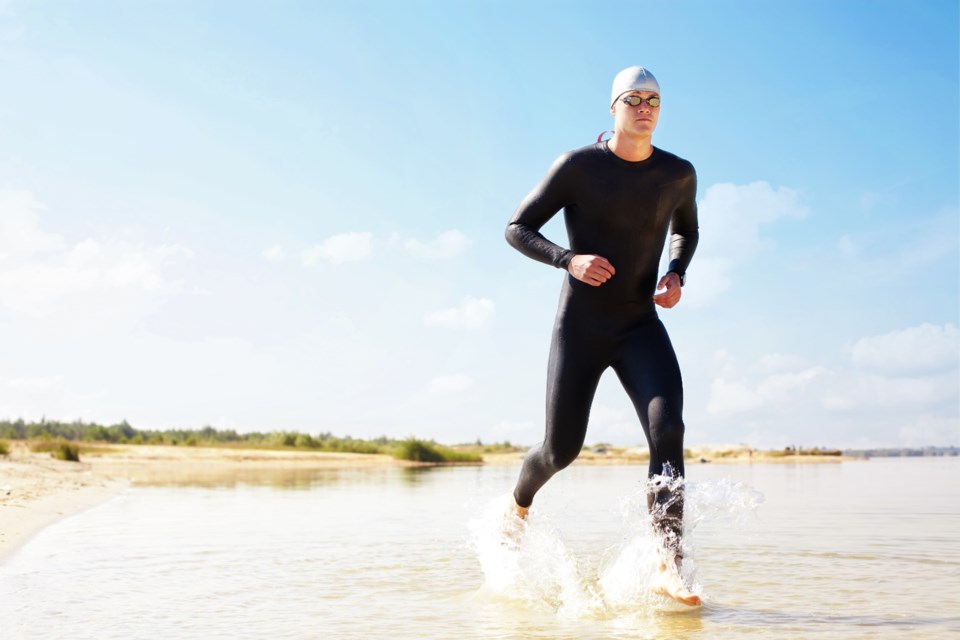This article, written by Oksana Babenko, University of Alberta, originally appeared on The Conversation and is republished here with permission:
Working in the medical field is demanding and, correspondingly, the public has become increasingly aware of the toll on doctors, including burnout. Research shows that there are both heavy personal and systemic financial costs due to doctor burnout, which costs more than $200 million each year in Canada.
Occupational burnout is a psychological state of exhaustion, disengagement and inefficacy that emerges from the prolonged exposure to work-related stressors. Physician burnout, along with its personal and professional consequences, may in fact originate in medical school.
The upward trend in doctor burnout is widespread; increased physician burnout and associated costs have been globally documented.
Today, researchers and educators are becoming increasingly aware of mental health and the importance of understanding and preventing mental illness. As a medical education researcher in the faculty of medicine and dentistry at the University of Alberta, I explore how practices before and during professional education set the stage for the rest of one’s professional career.
In partnership with a researcher in the faculty of kinesiology, sport and recreation, I am investigating how the pursuit of dedicated, non-academic activities such as sports and exercise might protect students from academic burnout and enable them to deal with academic challenges and stressors.
It is crucial to understand and prevent burnout among professionals working in psychologically taxing careers such as medicine before they reach the point of mental exhaustion and leave their careers. One way to approach this is by considering the formative influence of the beginning of people’s careers.
Medical school efforts to cultivate good practices for wellness and adaptive coping skills in medical students would not entirely eliminate the existing problem of burnout among practicing physicians. However, it provides a more long-term solution to burnout than any policy to date.
Risks begin in medical school
A recent U.S. study has revealed that burnout is highest during medical training. Empirical evidence also indicates that it takes months for burnout to subside. If burnout begins in school, it is likely that the impact will still be present at the time when students graduate from their programs and enter medical practice.
Burnout is more prevalent among high-achieving individuals, including medical students, than in the general population. This evidence implies that high achievement does not necessarily indicate adequate coping resources.
Junior physicians who have successfully qualified for independent practice often report difficulty coping with challenges and uncertainties in complex, high-stakes work environments. Such feelings can negatively impact the ability of physicians to effectively utilize their knowledge and skills, resulting in medical errors and high physician turnover.
Although some physicians-to-be experience psychological ill-being due to academic challenges, others adapt and develop lifelong learning and beneficial wellness practices.
Historically, medical school admission committees have sought out academically high-achieving students. The successful journey of these students, once in medical school, is often assumed to rest on their resilience when faced with academic challenges.
However, many high-achieving students entering medical schools have rarely encountered serious academic setbacks or failure and, thus, likely have limited experience and skills to effectively cope. Fear of failure is one of the top reasons of psychological ill-being among medical students.
‘Mastery mindset’
Nonetheless, research indicates that effective coping with challenges is a developed skill, and medical students who, for example, have participated in sports or athletics in their formative years are often well positioned to handle academic challenges and stress.
While recreational pursuit of physical activity is an effective way of coping with academic stress, competitive pursuit of sports offers further opportunities for young people to develop resilience. Having a resilient mindset may subsequently influence how a person functions in stressful, high-stakes environments such as medical school and eventual medical practice.
The development of such resilience and an adaptive mindset can be facilitated, in part, through an orientation towards mastery goals. This involves focusing on gaining new knowledge and skills to improve on the past performance, as opposed to being overly self-critical or comparing one’s performance to that of others to gauge progress.
But despite the well-recognized benefits of exercise and sports, studies have also shown that students’ involvement in such activities and their exercise habits tend to deteriorate upon entry into college. In a study with Australian medical students, the majority of students reported having exercised more before the commencement of medical training.
Learning environment matters
This raises an important question as to what curricular initiatives and learning environments in medical schools are likely to help students maintain their sport involvement and exercise habits, and foster beneficial wellness practices.
It matters because physicians who engage in leisure-time exercise more often and/or at a higher intensity experience better professional wellbeing — they are more professionally satisfied, more engaged and less exhausted at work .
Research also indicates that physicians and medical students who engage in healthy lifestyles, including regular exercise, are more likely to counsel their patients on these topics. Such doctors both exemplify and promote a foundation for the prevention of chronic diseases.
Although students may have developed good skills and practices in sports or athletics prior to entering medical school, students require support in transferring these skills to academic settings. And this support must come from medical schools, including changes in the learning environment and the culture of perfection.
The benefits could have long-term impact at multiple levels — in health care systems, physicians and people they serve.![]()
- Oksana Babenko, Assistant Professor, Medical Education, Faculty of Medicine & Dentistry, University of Alberta
This article is republished from The Conversation under a Creative Commons license. Read the original article.
